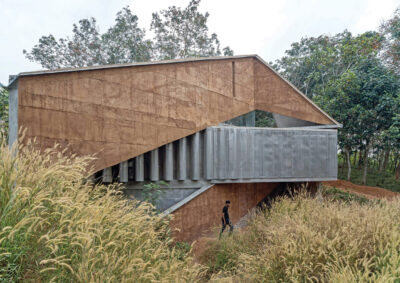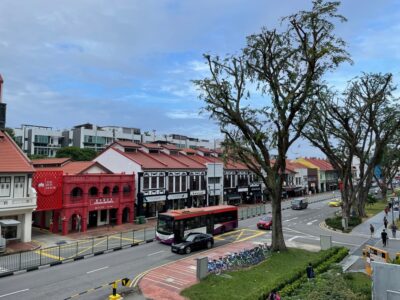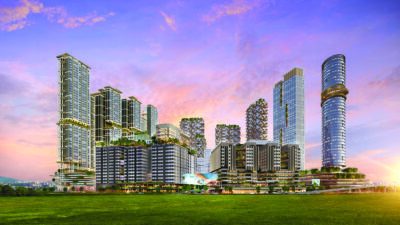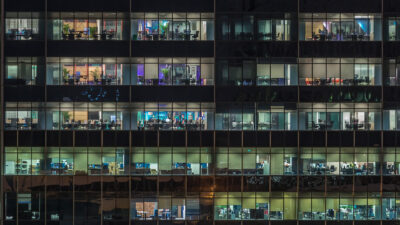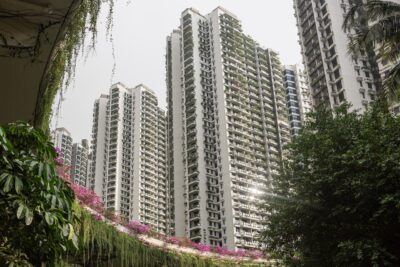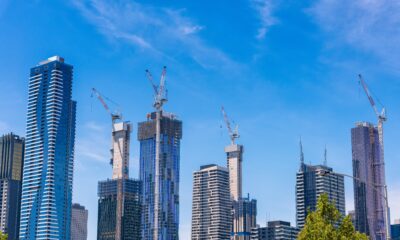Overseas investors chase retail properties in Hong Kong’s housing estates
Local and institutional investors have been eyeing major housing estates after seeing the annual investment yield surge to a 10-year high
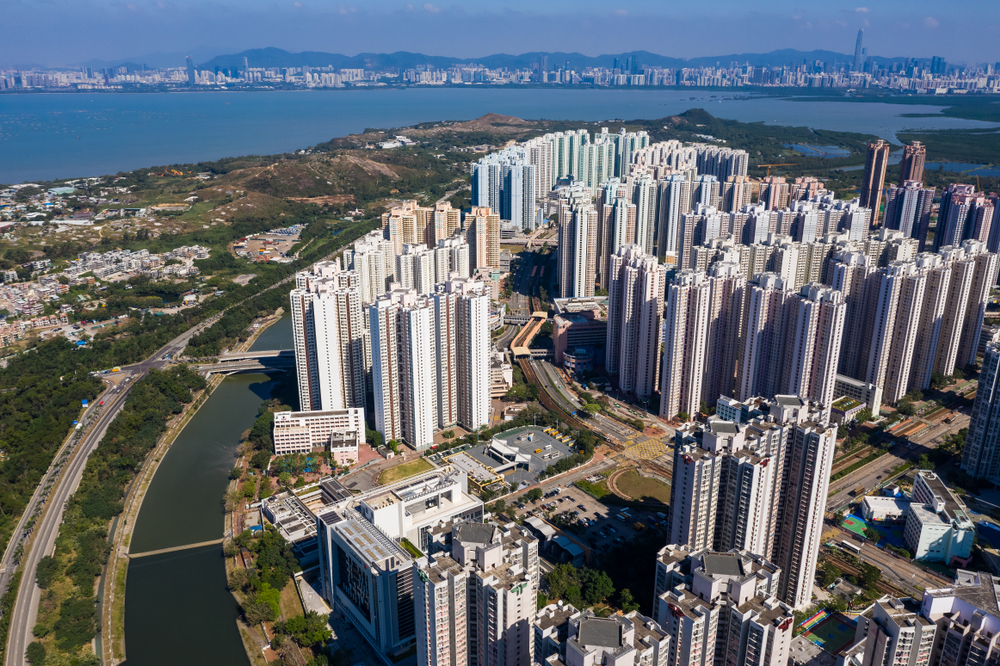
Property consultants claim that foreign institutional investors have shifted their attention to hooking retail properties in Hong Kong’s major housing estates, as they anticipate business towards local communities to quickly recover compared to unstable retailers in tourist areas, as reported by South China Morning Post.
Oscar Chan, head of capital markets at JLL in Hong Kong, said, “smart money from the US and Middle Eastern sovereign wealth funds are seriously looking for shops in major housing estates after seeing annual investment yield increase to a 10-year high of three to four percent from the previous one to two percent.”
Chan added that shop prices and rents could spring back five to 10 percent in 2021, following a significant drop of 70 percent from the peak level in 2014.
Traveller numbers have plummeted 94 percent to 3.57 million in 2020, causing many international brands to close or slow their expansion in prime retail locations such as Central, Tsim Sha Tsui, and Causeway Bay. As the pandemic drags on, the outlook for tourism is still vague.
Chan observed an increase in local and institutional investors aiming for retail shops in major housing estates like Tseung Kwan O, Yuen Long, and Tin Shui Wai.
“It will be hard to buy any shops if they wait for retail sales to return to normal. Then, prices will shoot up,” said Chan. “Neighbourhood retail sales will rebound first once the vaccination to contain the COVID-19 pandemic takes effect.”
Tenants of such retail spaces are businesses unaffected by the pandemic such as supermarkets, banks, and convenience stores.
Robert Scholten, head of real estate finance for Asia-Pacific at ING Bank, said, “retail shops in catchment areas of large housing estates could be an interesting investment opportunity.”
Despite that, Scholten still believes Hong Kong’s retail market will remain unappealing for investors, at least in the first half of 2021.
Since 2017, investors have funded more than HKD38.5 billion (USD4.96 billion) into purchasing neighbourhood malls. Such investments were made by a consortium, which included Hong Kong private equity fund Gaw Capital Partners, Goldman Sachs, China Great Wall Asset Management, and Blackstone.
More: Hong Kong’s commercial, industrial property market could return to pre-pandemic levels in 2021
Gaw mentioned, “Hongkongers will probably stay in town during Chinese New Year, [and] they tend to spend more on non-discretionary products which our malls are focusing on. Nevertheless, a combination of factors, like the unemployment rate, economic uncertainty, and social distancing measures, etc., are making the recovery signs less visible for now.”
Reeves Yan, executive director and head of capital markets at CBRE Hong Kong, stated, “more institutional investors are expressing an interest in neighbourhood retail podium or shopping malls as it provides stable and sustainable rental growth.”
Recommended
Meet the vagabond architect behind India’s housing scene
Vinu Daniel is helping to shake up India’s home building setting
Where Asian real estate stands in a fragmented, warmer world
Asia’s real estate industry faces many and varied challenges as external factors continue to bite
6 sights to see in Singapore’s Marine Parade
Handily located Marine Parade has emerged as a vibrant investment choice in the Lion City
There’s a township dedicated to health and wellness in Malaysia
Property seekers have their health needs catered for at KL Wellness City

